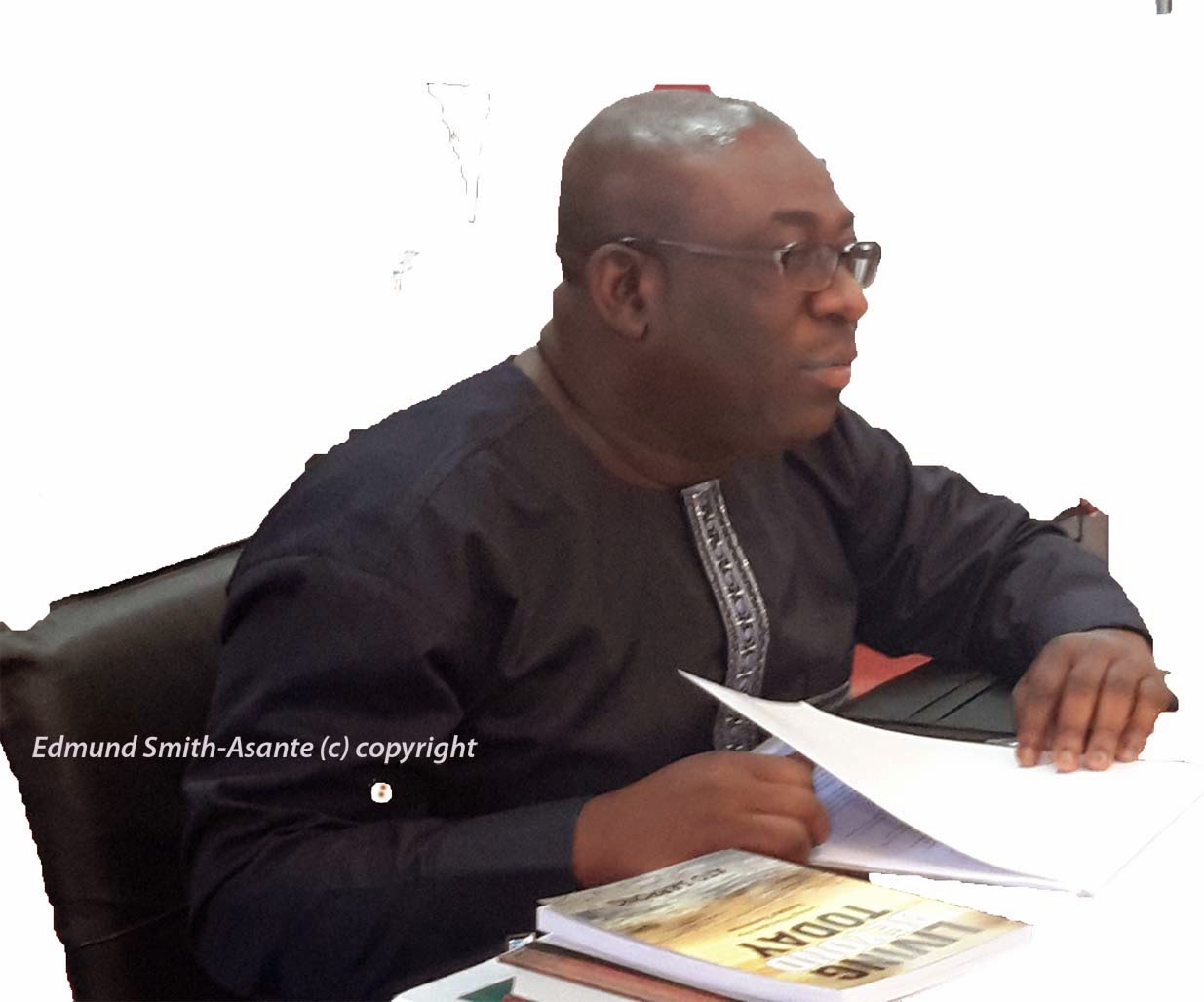Former Trade Ministers proffer solutions to trade deficit
By Edmund Smith-Asante
The
platform on which they offered the suggestions was the second in the series of
Breakfast Meetings on Ghana’s economy jointly organised by the Graphic
Communications Group Limited (GCGL) and Fidelity Bank Limited.
 |
| Dr Kofi Konadu Apraku, Mr Alan Kyerematen and Ms Hanna Tetteh |
Three former
Trade Ministers — Dr Kofi Konadu Apraku, Mr Alan Kyerematen and Ms Hanna Tetteh
— yesterday gave recommendations that they said could reverse the country’s
continued trade deficit.
Submissions
made by all the speakers at the Graphic Business–Fidelity Dialogue focused on
how to maximise the value of exports to improve Ghana’s trade balance.
It
attracted professionals from a host of industries, including finance, trade,
housing and manufacturing.
Worsening balance of trade
Taking
the podium after the incumbent Minister of Trade and Industry, Mr Haruna
Iddrisu, Dr Apraku said a review of Ghana’s trade over the past two years
showed that its overall balance of payment had consistently worsened since
2010, from a surplus of US$1.46 billion to a deficit of US$2.33 billion at the
end of September 2013.
That, he
said, represented “86.5 per cent annual average deterioration in the balance of
payment situation”.
“The
problems exist because we have not demonstrated the capacity, political will or
strength of leadership to solve them,” Dr Apraku stated.
He said
as of September 2013, Ghana’s balance of payment situation had worsened by
US$1.12 billion from 92.6 per cent in 2012, indicating a continued poor
performance of the external sector.
He said
over the years, there had been a consistent increase in imports relative to
exports, largely on account of Ghanaians’ appetite for imported goods, while
exports continued to be dominated by primary and unprocessed commodities which
were subject to price changes on the international market.
Proposed solutions
Dr Apraku
called for financing of the export, industrial and agricultural sectors and
proposed the setting up of a Ghana Export and Investment Bank to promote
exports and for businesses to be given access to credit at realistic rates.
For his
part, Mr Kyerematen, who said Ghana was gradually becoming a place of ‘no
action, talk only’ (NATO), asked that an export-led growth strategy should be
made the focus of the national development agenda.
To make
that happen, he said new strategic pillars of growth must be identified, which
would diversify the export base of agriculture.
He also
proposed the development and operation of a structured programme of
implementation which would include technology, research and development support
and targeted infrastructural development.
Mr
Kyerematen further proposed logistics and small-chain infrastructure, export
trade financing, high-level export coordination and harmonisation led by the
President, among other measures.
Land access
For her
part, Ms Tetteh, the Minister of Foreign Affairs and Regional Integration,
noted that the unavailability of land impacted greatly on trade.
She,
therefore, proposed a conversation with traditional authorities to release land
for businesses which needed them to cultivate crops to feed their factories.
Ms Tetteh
said the Nestle factory in Ghana produced for 22 countries in West and Central
Africa and noted that if it had large tracts of land to cultivate maize, which
was one of the main ingredients for one of its products, it would create a lot
of jobs in the agricultural sector.
“If we
don’t deal with all the parts in order to make manufacturing competitive, we
are never going to be able to have the production capacity to export in the
volumes that we aim to reach,” she pointed out.
She
proposed that rather than create another bank to promote exports, the existing
banks must be encouraged to lend to businesses.
Writer’s
email: Edmund.Asante@graphic.com.gh
This was first published by the Daily Graphic on
July 16, 2014



Comments
Post a Comment